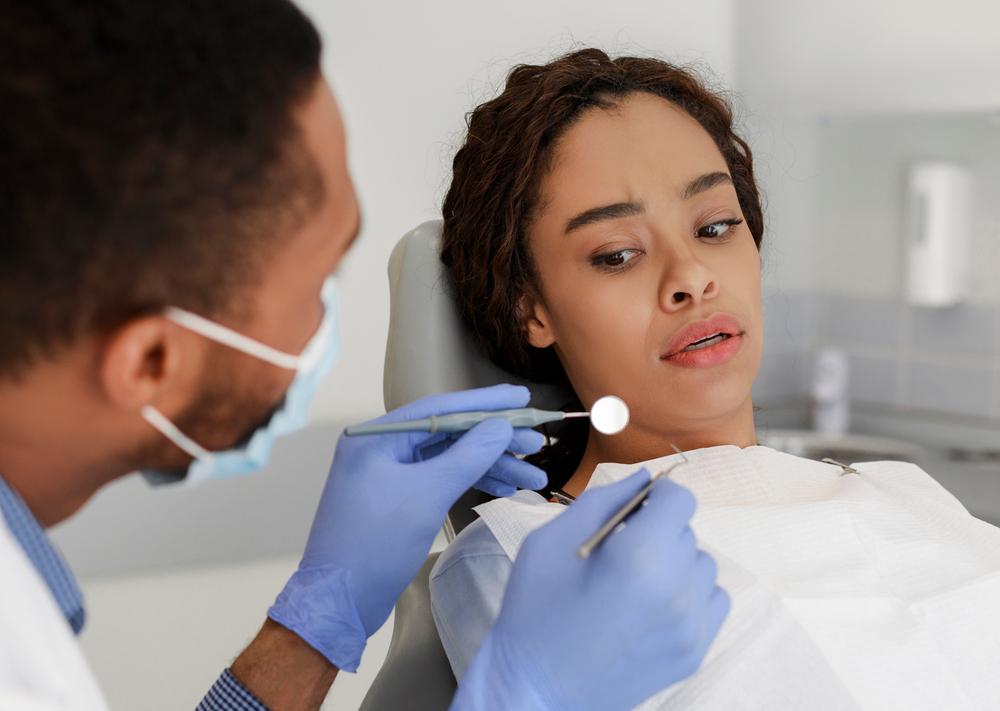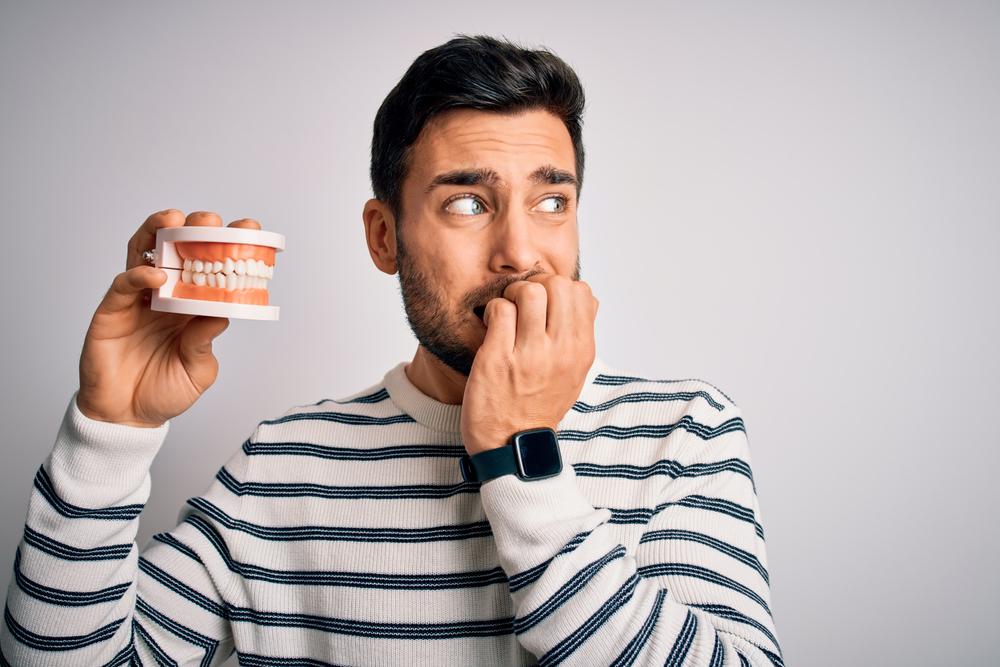Overcoming Dental Anxiety: A Comprehensive Guide
Discover effective strategies to manage dental anxiety, understand its causes, and explore treatments that can help. Empower your dental visits with our comprehensive guide.
Dental anxiety refers to the feeling of uneasiness, fear, or worry associated with visiting the dentist or receiving dental care. It’s a prevalent issue that affects people of all ages worldwide, and it can range from mild nervousness to a severe phobia known as dentophobia.
Addressing dental anxiety is of paramount importance for several reasons. Firstly, it directly impacts oral health. When fear keeps individuals away from the dentist, they miss out on essential routine check-ups and treatments, leading to potentially serious oral health problems like tooth decay, gum disease, and even tooth loss.
Secondly, dental anxiety can significantly affect a person’s overall well-being. Persistent fear and stress can lead to sleep disturbances, decreased focus, and other mental health issues. Furthermore, poor oral health resulting from neglected dental visits can lead to low self-esteem and reduced quality of life.
Through this comprehensive guide, we aim to shed light on dental anxiety, its causes, effects, and most importantly, the strategies to manage and overcome it. Understanding and tackling dental anxiety is a crucial step towards ensuring optimal oral health and enhancing overall life satisfaction.
Let’s Get Started
Call Us:
Office Hours :
Mon-Fri: 8:00am-5:00pm
Email Us :
appointments@kokomodentistry.com
Address :
604 East Boulevard, Suite A, Kokomo, IN 46902












